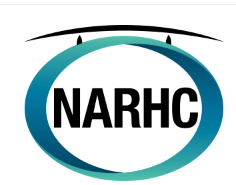December 1, 2023

New Funding Opportunity – Geriatric Workforce Enhancement Program (GWEP) – HRSA-24-018
The Health Resources and Services Administration (HRSA) released a New Notice of Funding Opportunity (NOFO) to educate and train the health and supportive care workforces to care for older adults by collaborating with community partners.
The Geriatrics Workforce Enhancement Program (GWEP) – HRSA-24-018 aims to have applicants maximize patient and family engagement to address care gaps and improve health outcomes for older adults by integrating geriatrics with primary care and other appropriate specialties using the Age-Friendly Health Systems Framework.
Eligible Applicants
- Schools of Allopathic Medicine, Osteopathic Medicine, Nursing, Allied Health, Pharmacy, Dentistry, Public Health, Optometry, Chiropractic, Veterinary Medicine, or Podiatric Medicine
- Physician Assistant Education Programs
- Graduate programs for Health Administration or Behavioral Health and Mental Health Practice, including:
- Clinical Psychology
- Clinical Social Work
- Professional Counseling
- Marriage and Family Therapy
- Health care facilities
- Programs leading to certification as a certified nurse assistant
- Partnership of a school of nursing and health care facility
- Partnership of a program leading to certification as a certified nurse assistant and a health care facility
- Community-based organizations, if otherwise eligible
- Tribes, and Tribal organizations, if otherwise eligible
HRSA anticipates awarding approximately $43 million to approximately 43 recipients through this funding opportunity
Contact Information for questions:
Jennifer Solomon, GWEP@hrsa.gov, (301) 443-0024







